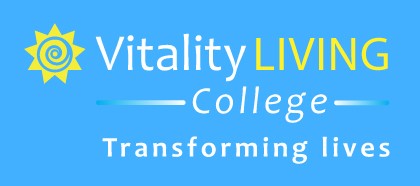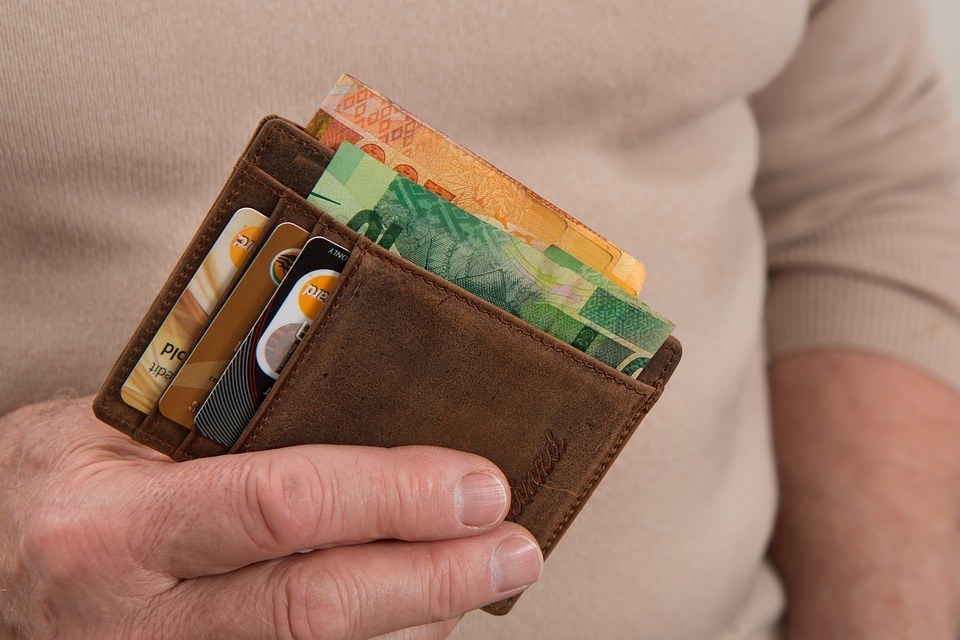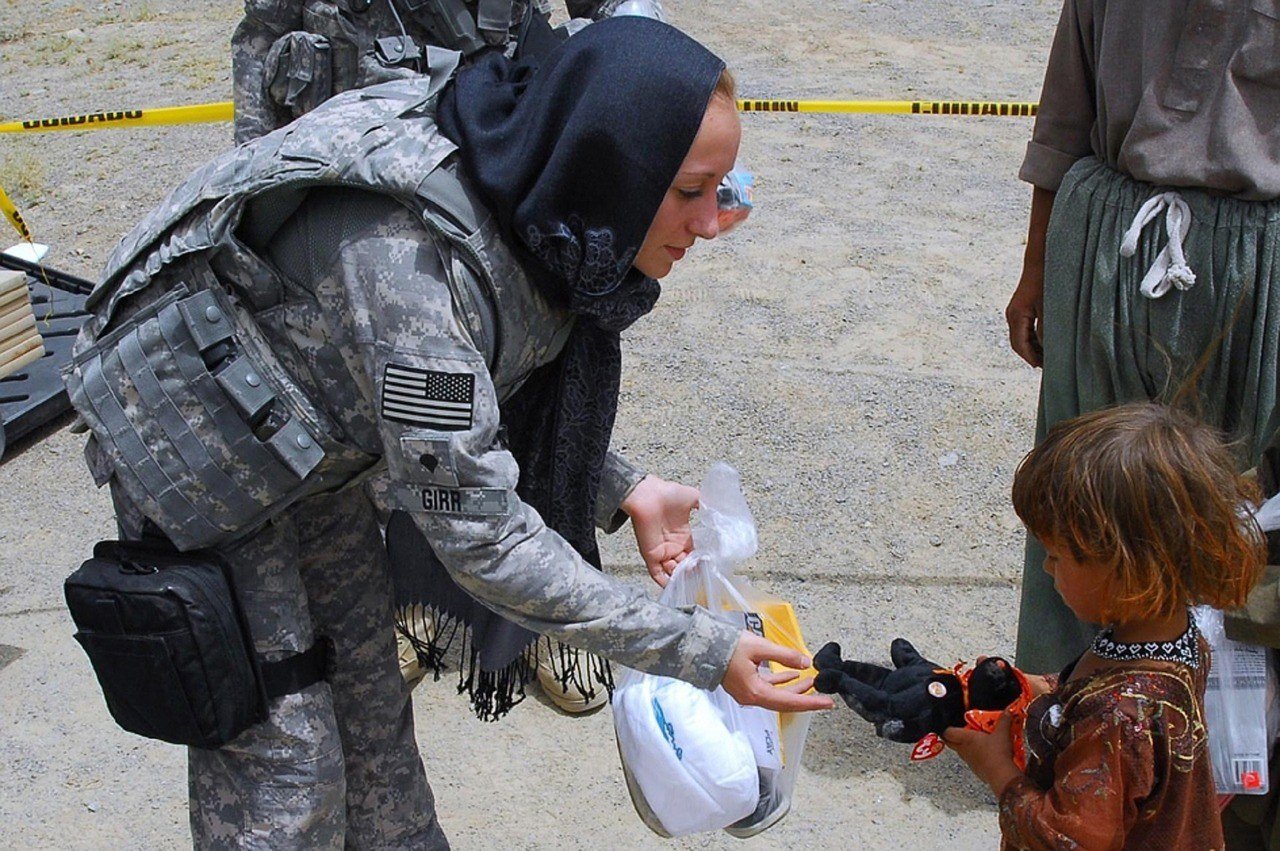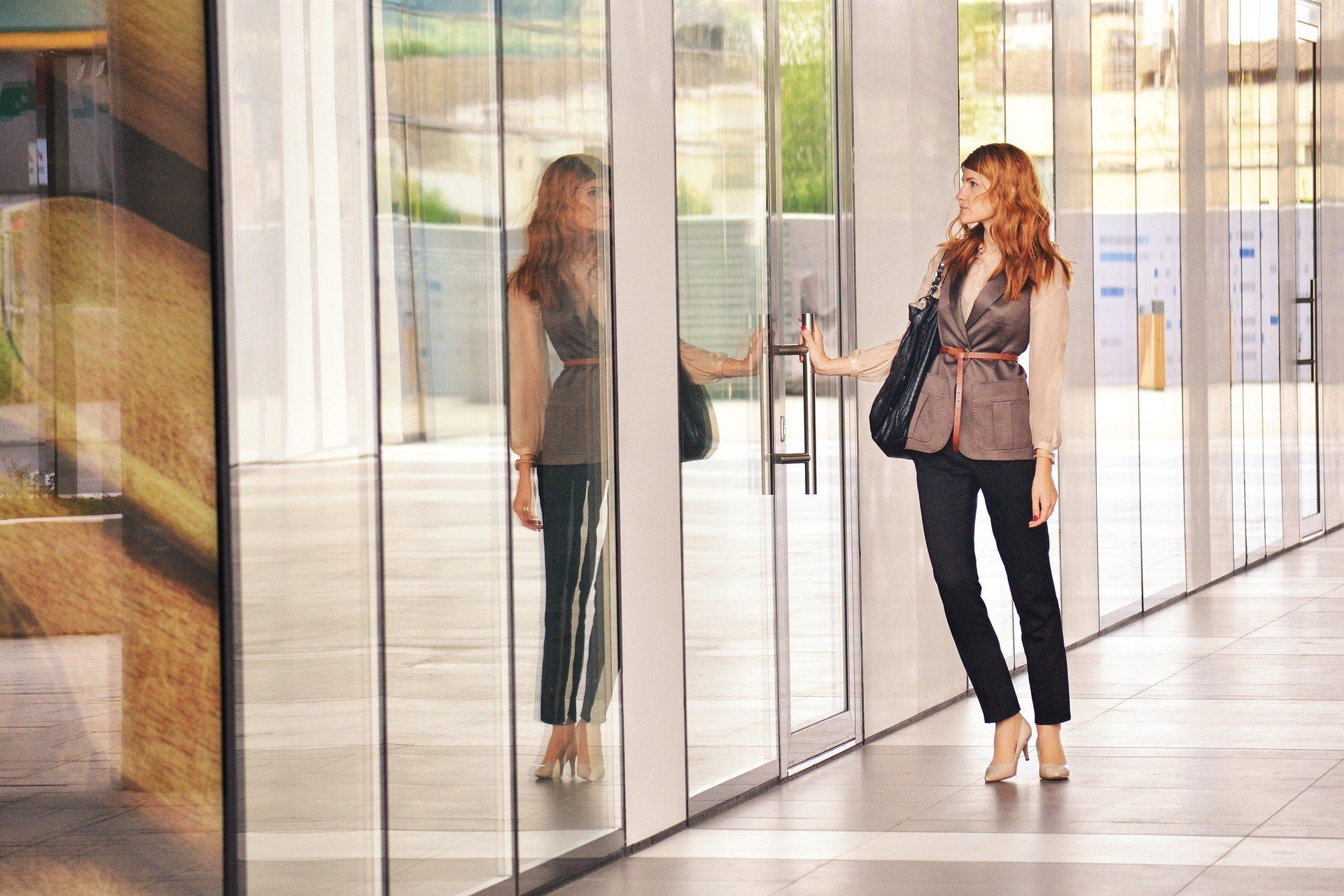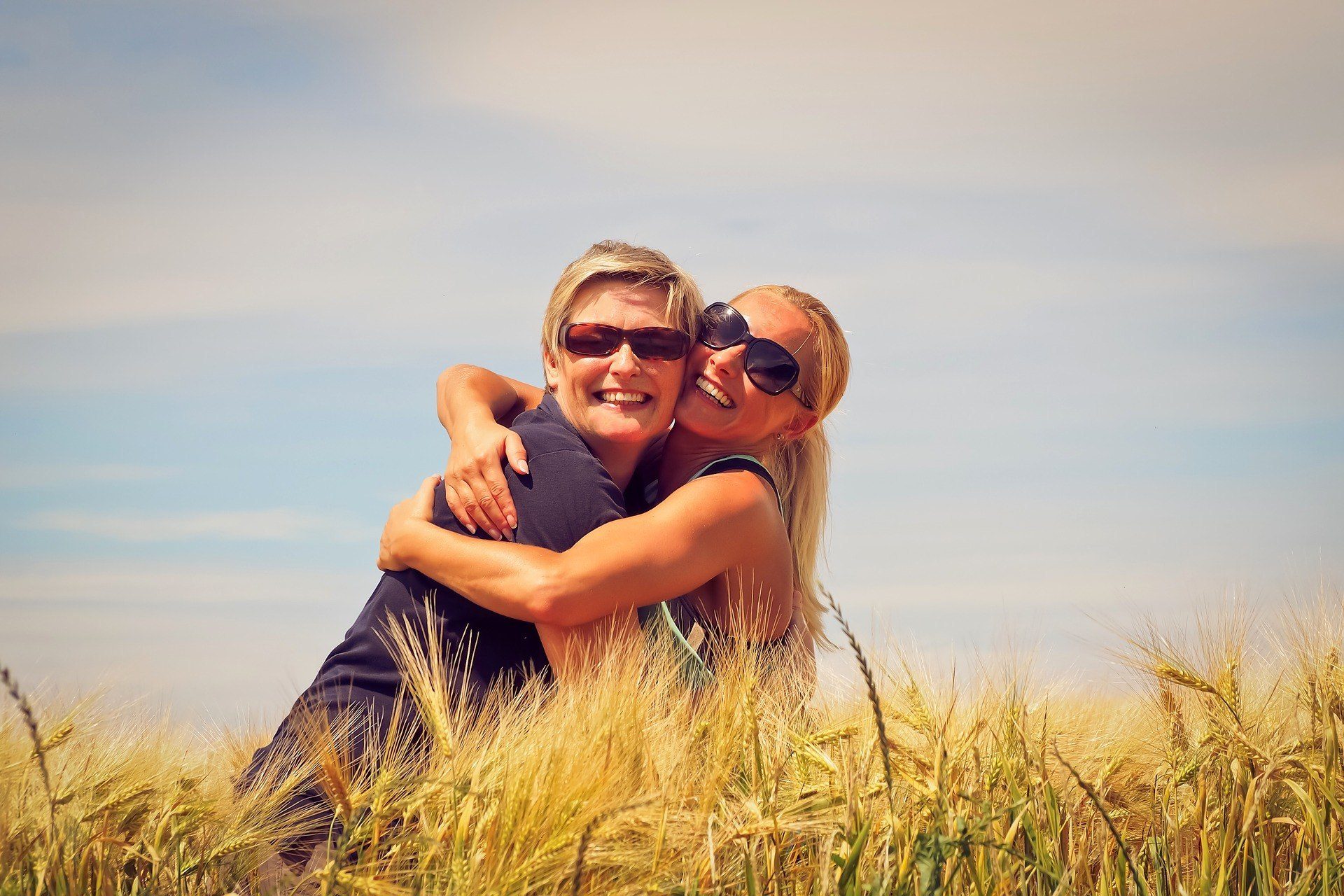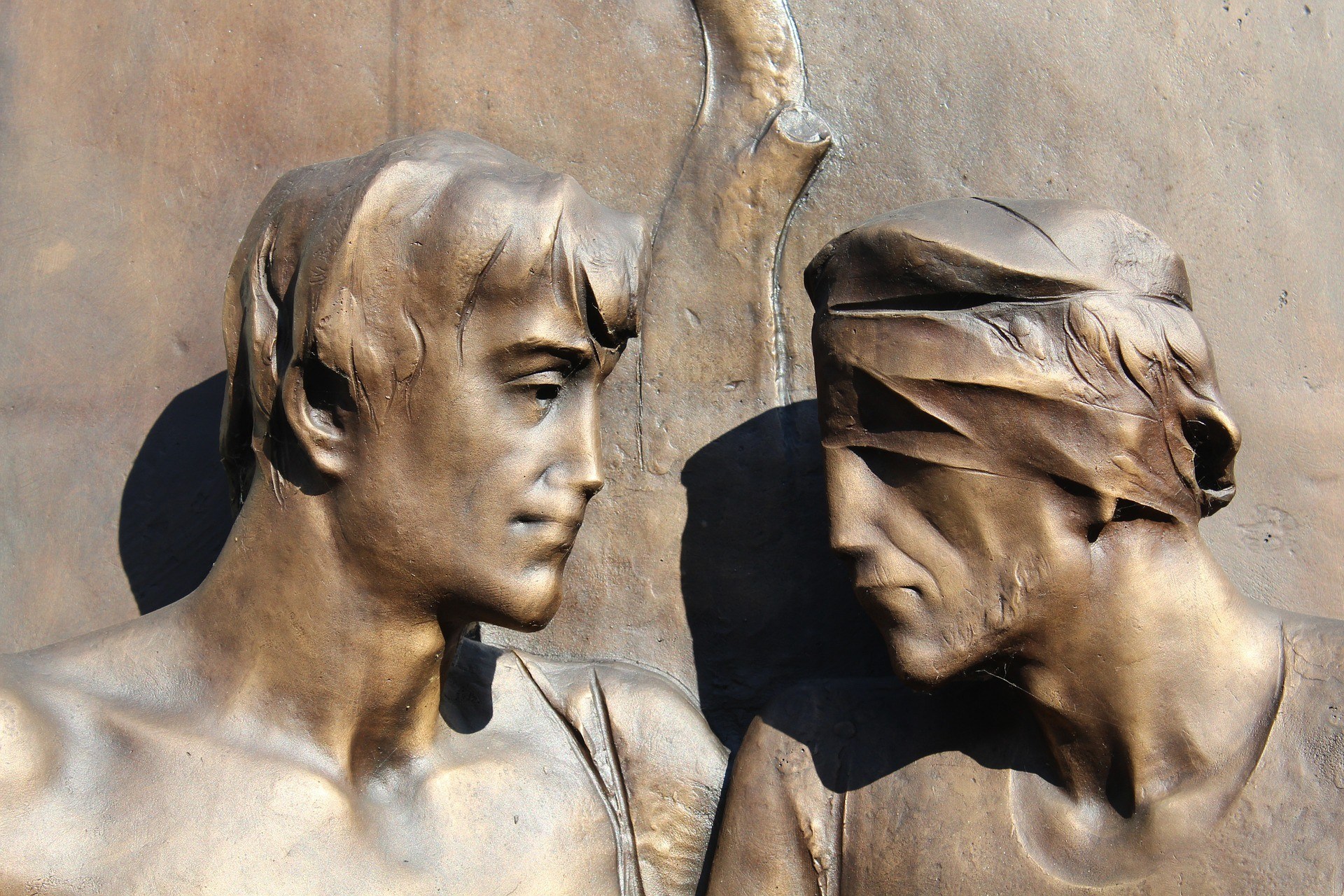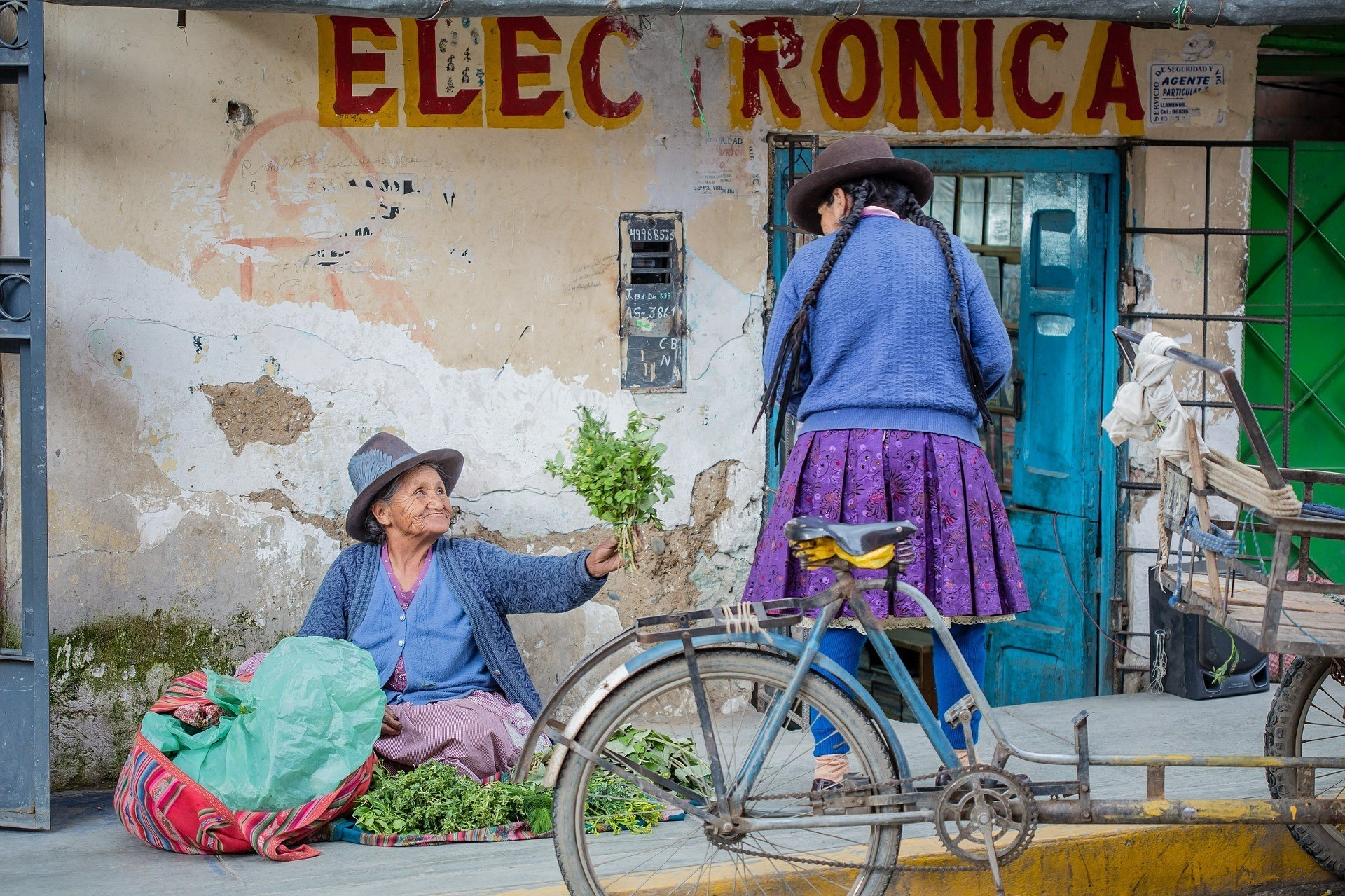Kindness – the New Miracle Health Hack
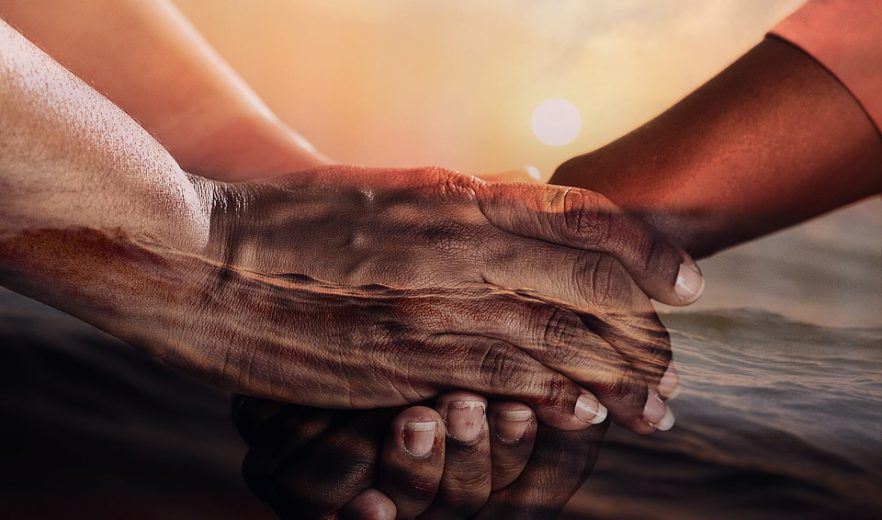
“Do your little bit of good where you are; it’s those little bits of good put together that overwhelm the world.” Desmond Tutu
It’s 1:30am and you’re in the not-so-nice part of town. The streets are littered and dark, only a few yellow lights scattered in the distance. The walls are sprayed with obscenities and spit stains. You can smell the sewer and you can hear the rats scuttling.
You clutch your backpack to your front and walk with short, hurried paces. You should’ve left with the others when they’d offered; now rushing to the bus stop is all that can assure safety.
All of a sudden, someone calls out, “Hey, you! Wait up!” You turn around to see a man in a grey hooded jacket running towards you. Instinctively you dash forwards, sprinting as fast as your legs can carry you, thinking of nothing but getting away from this stranger.
He follows suit, continually shouting, “Hey! Wait up! Wait up!” You’re trying your best but he’s too fast for you. He catches up and your hand instinctively goes to your knuckle-duster keychain. Just when you’re prepared to use it on him, he stretches out his arm in an offering. You see a small leather wallet in his fingers and pause, loosening your grip on the knuckle-duster.
“You dropped this,” he says, panting from the run but smiling nonetheless. You take your wallet and just stare at his face, mumbling, too ashamed to say anything. “All your cards and cash still in there, yeah? Be careful next time.” And with that, he takes off before he can hear you whisper a meek ‘thank you’ under your breath.
At times the world can seem dark, dangerous place and yet there is also kindness around us. There is good around us, if only we stop to recognise it. Even in the seemingly most trying times, little acts of kindness find us from sometimes the most unexpected sources. Websites like Random Acts of Kindness catalogue some such instances to remind us that there is goodness still in the world.
This World Kindness Day, let’s explore how kindness is good for health and how to incorporate into our day to day lives.
What are the Benefits of Kindness?
Kindness brings about a richness and fulfilment to our lives. Additionally, it helps promote good health and longevity (1).
Kindness is not only one of the most pleasurable of all human acts but is also one of the healthiest things you can do for yourself and for others (2).
Gentle, caring kindness results in significant health benefits.
Surprisingly, kindness is beneficial not only to the parties involved but also to the observer. Dr Larry Dossey posits that kindness is “a miracle drug”. The kind person achieves a ‘Helper’s High’. The person at the receiving end of kindness is in a better frame of mind after the act. It also stimulates healthy responses in persons not even participating but simply viewing the kind act (3)!
There have been innumerable studies conducted to demonstrate the assured positive effects of kindness on health, both psychological and physiological (4). There is a consensus in the scientific community that kindness contributes to:
- Better weight control;
- An improvement in insomnia;
- A stronger immune system;
- A reduction in pain;
- Increased body warmth;
- A more optimistic and happier outlook on life;
- A heightened sense of wellbeing;
- A sense of exhilaration and euphoria;
- An increase in energy;
- Decreased feelings of loneliness, depression, and helplessness;
- Increased self-esteem;
- A sense of connectedness with others;
- A greater sense of calmness and relaxation;
- Increased longevity;
- A healthier cardiovascular system (reduction of high blood pressure, improved circulation, reduced coronary disease);
- A reduction of excessive stomach acid;
- A decrease of oxygen requirement;
- Relief from arthritis and asthma;
- Speedier recovery from surgery;
- Reduced cancer activity.
Some doctors prescribe working at orphanages and old age homes or volunteering at homeless shelters to improve the health of patients who do not respond to regular treatment. Such kindness is used to check high blood pressure, headaches, back pain lupus and arthritis, and even depressive episodes.
Why Does this Happen?
These phenomena occur partly because kindness takes our mind off our problems, thus bringing down our stress levels by getting us to think about someone else.
Harvard cardiologist Dr Herbert Benson, proposes that when we help others, it allows us to ‘forget one’s self’ and the problems that come with (5).
Moreover, when we commit acts of kindness, our body rewards us by creating a feel-good sensation or ‘helper’s high’. The response is triggered when the body manufactures chemicals called endorphins. These are naturally-occurring, morphine-like substances that create feelings of carefreeness and happiness in us. Thankfully, endorphins also help reduce the intensity of all pain messages being sent to the brain. This explains why being kind can lead to pain relief.
How Can I Make Kindness Part of My Everyday Life?
- Hold the Door Open
This may seem almost silly but trust us. Hold the door open for someone at every instance you can and you yourself will be able to tell the difference in the atmosphere.
When you hold the door for someone, they smile and say ‘thank you’ and you smile back. This tiny exchange in itself can fill you with a sense of goodness and amicability. It is a healthy first step to daily kind gestures.
- Run Household Errands
Who usually does the errands in the house? Cleaning, fetching groceries, doing laundry? If it isn’t you, help out every once in a while.
Go up to the person who does a particular chore regularly and tell them you’re taking over for the day. Watch their eyes open up in pleasant surprise and their faces betray thorough gratitude. You will have bettered the atmosphere in the house, made someone’s day, and brought a sense of wholesomeness to yourself.
- Hug
Hugging is beneficial to your health because it releases a hormone called oxytocin. This hormone enables optimism, self-esteem, and a more efficient digestive and nervous system.
Former scientist and author Dr David Hamilton was searching for a compound to protect the heart and he stumbled upon oxytocin, which is freely available in the human body. Since then, he has conducted studies on oxytocin and has found that kindness slows ageing and improves heart function for this reason (5).
4. Pay Compliments
Paying a compliment is easy. The main thing is to make sure it’s genuine and not fake. For example:
See someone wearing a nice coat? Tell them so!
You co-worker submitted a report before time? Tell them so!
You mother’s banana bread turned out perfect as usual? Tell her so!
Your spouse has a wonderful ability to calm you down when stressed. Tell them!
Being appreciated for even the littlest of things can brighten up people’s days. And being the reason others’ days are better is the best way to let kindness help make you healthier. So the next time you think highly of someone, be sure to say it to them.
- Listen
In our fast-paced world, where rushing and being busy are seen as virtues, being a patient listener is a welcome treasure.
So be a listener in someone’s day. Get your friends, family and acquaintances to talk.
Listen closely without judgement.
Don’t look at your phone; don’t check your watch. Be a force of compassion in their life by merely lending a complete ear.
So here you have it, some simple ways for you to be effortlessly kind every day.
“Guard well within yourself that treasure, kindness. Know how to give without hesitation, how to lose without regret, how to acquire without meanness.” George Sand
